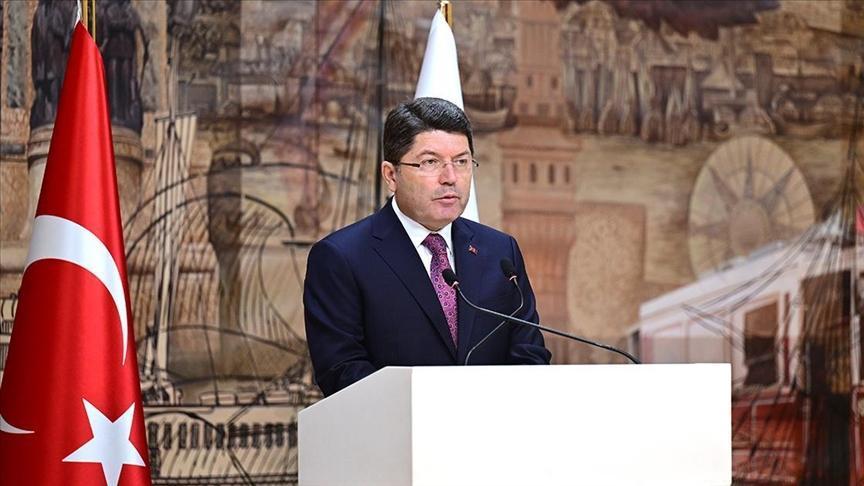Ottomans, soap operas and Erdoğan
Turkey’s Prime Minister initiated yet another public controversy last weekend by publicly criticizing a popular television series titled Muhteşem Yüzyıl (The Magnificent Century). Referring to the title of the tenth and most powerful Ottoman sultan, Süleyman the Magnificent, this is a popular soap opera “inspired by historical events” but also adding a lot of fiction to them. Hence the passionate love between Sultan Süleyman and his beautiful wife, Hürrem, which is only noted in passing in history books, is dramatized in a very Hollywood-like fashion.
The great sultan, in other words, sometimes appears on the screen as a debauchee. Yet most conservative Turks, including Erdoğan, see him as a virtuous warrior who spent his life “on horseback” from one conquest to another. That is why Erdoğan slammed the on-screen Süleyman character, adding, “we don’t know a Kanuni like that” (Kanuni, which means “lawgiver,” was another title of the sultan).
Up to this point, I think Erdoğan’s comments were acceptable. He, like all of us, has the right to like or dislike what he sees on TV and also the right to express his views.
However, Erdoğan crossed the line when he called on the judiciary to “give a necessary verdict on this issue,” which was a clear call for prosecutors and judges to ban or censor the series. He took another terribly wrong step when he railed against “the producer of this series and the owner of the TV station,” which was obvious pressure on the people who create and air The Magnificent Century.
Unfortunately, this confirms the liberal criticisms geared towards Erdoğan that he is not too different from the Kemalists when it comes to freedom of speech. Kemalists, too, would be enraged by a TV series that included even the slightest hint about Atatürk’s sex life, which is a big unknown. In fact, even much more modest facts about Atatürk’s personal life – such as the fact that he once wore his wife’s outer garments to escape from a plot – were censored in the past by the Kemalist judiciary.
However, while there is a “law to protect Atatürk” (which of course should be abolished), there is no law to protect the image of Ottoman sultans. Nor is there any law that bans “the misrepresentation of historical facts,” if that is what The Magnificent Century really does. Therefore, I really don’t expect the judiciary to act on Erdoğan’s call. But the fact that he pressured the TV station that airs the series, Star TV, is more serious. People are joking these days that in order to appease Erdoğan, The Magnificent Century will now show more scenes of Sultan Süleyman in prayer and no scenes in the harem.
On a broader note, this new debate, including several other ones, underlines the growing rift between Turkey’s liberals and conservatives. In the past decade, these two political groups were allied against the Kemalist establishment, whose authoritarianism had threatened both. But as the Kemalists have become less threatening, the differences between liberals and conservatives are being illuminated – and Erdoğan is doing his best to highlight them more and more.
The only good news is that there are liberal-minded religious conservatives, too. They would, for example, respect the Ottomans as Erdoğan does but not call for censorship to protect their image. How influential they will be in the conservative camp will be a key question for Turkey’s future.











